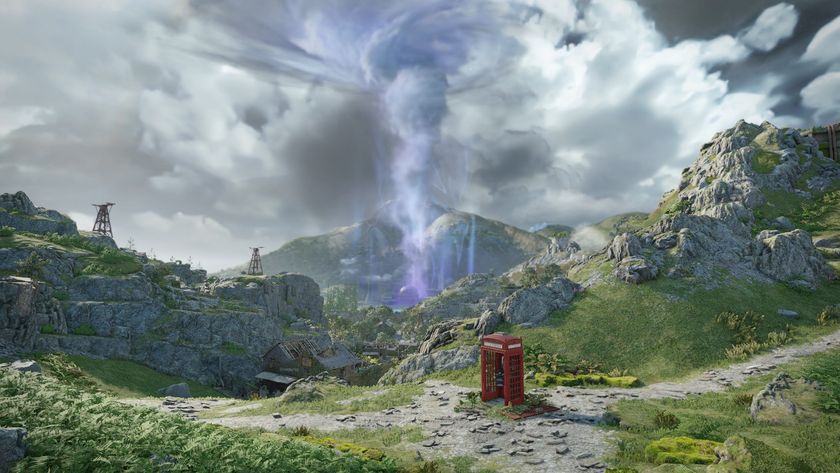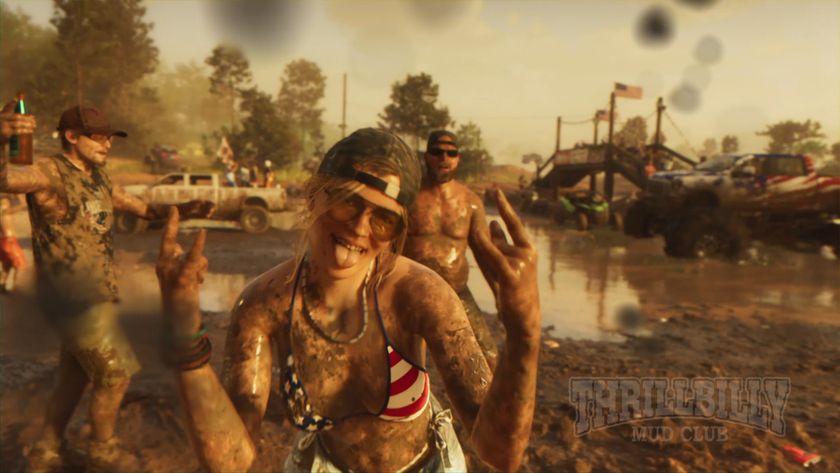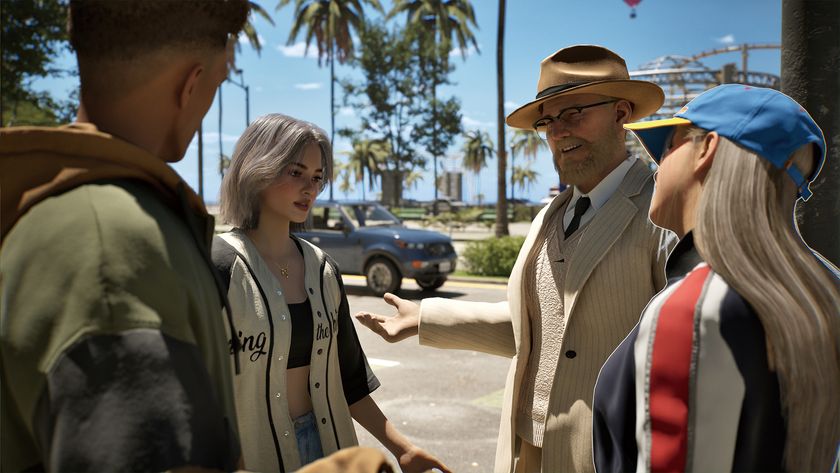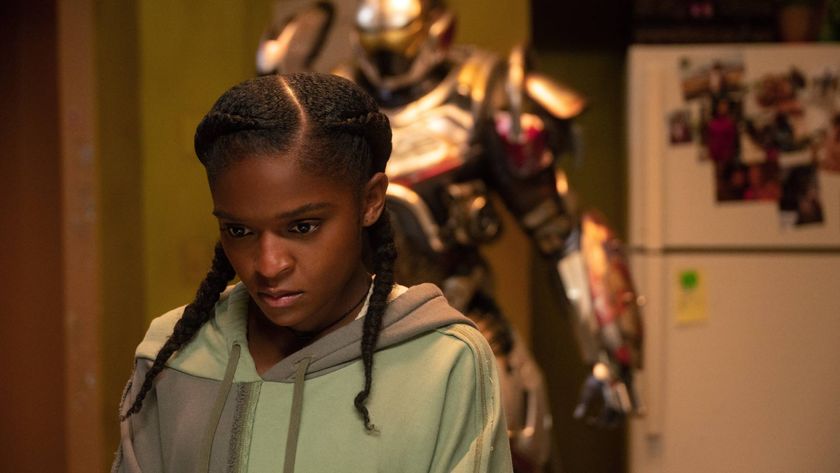Why we can't quit zombies
Neeeed morrrre brainnnsssssss
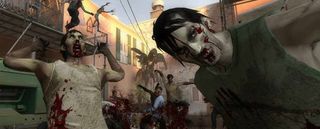
If media scrutiny is supposed to reveal our innermost fears and insecurities, you’d think that the thing that humanity worries about the most revolves around the dead coming back to life. The zombie horde is legion, appearing in an almost absurd number of high profile games--to the chagrin of many. And yet for all the eye-rolls and criticisms, the game industry keeps producing and consuming zombie games in droves. That type of oversaturation doesn’t just happen without a reason. The truth is, we can’t quit zombie games because we love them.
Let's get the obvious reasons why we love zombie games out of the way. Yes, it’s likely that publishers who throws millions at games want to rest easy in knowing they’re producing something the market responds well to. Zombie games are popular and proven. Why not give people what they want?
But there’s more than an economical, practical reason that zombie games keep resurfacing; many of these reasons are mechanical. Zombies are versatile. Nathan Drake can’t kill a small nation of henchmen without us kind of wondering if it violates the good-natured character that Naughty Dog builds up. But a mindless swarm of things that aren’t human anymore? Yeehaw, go for the head, dude, and try not to miss, OK? Supplies are scarce. At the same time zombies make way for difficult and powerful situations where we have to kill people that once meant something to us, like in The Walking Dead.
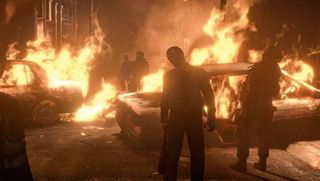
Either way the zombie apocalypse is overwhelming. This means you should bring some buddies, and if Left 4 Dead or Zombies and Call of Duty have taught us anything, it’s that braving the horde is more fun (if not safer) with a friend. Aesthetically the vast horror of a post-apocalyptic setting is something we also adore. It’s not just that we get to explore what we already know in a new context, like in Fallout, but that we also get to be the hero in what feels like a new, untamed frontier.
And that frontier always has danger lurking around the corner. If you so much as get scratched by the undead, that’s it, you’re screwed. You’ll be one of them shortly. The tension then becomes palpable, because it’s not enough to keep yourself alive. As if surviving wasn’t hard enough, as if it wasn’t hard to juggle the desires and expectations of strangers you may not know, but nonetheless have to depend on. What these other survivors end up showing us is that maybe, just maybe, humanity is worse than the undead--I mean, geez, look at the people behind the Umbrella Corporation. Yikes.

So far, that’s all kind of obvious. I think there’s a deeper reason we love zombies as much as we do, why we can’t quit zombie games--and it does involve the reflection of deeper fears and anxieties.
Think about how zombie outbreaks usually happen: viral plagues that cause overnight pandemics, or bioengineered terrorist attacks. The Jetsons-like future many of our parents envisioned made it seem as if it used to be easy to predict where science might take us, and that future was bright and chipper. Now it’s practically impossible to keep up with the pace of scientific discoveries and all we’re left with is a subconscious fear that we don’t know what we’re capable of anymore...but it’s probably not good. Zombies reflect that. They also reflect the constant paranoia of societies afraid of terrorist plots that never seem to arrive. But when they do arrive, the consequences will be felt by everyone--even after death.
Sign up to the 12DOVE Newsletter
Weekly digests, tales from the communities you love, and more
Zombies also capture the darker aspects of our culture. Where we might decay, the things that persevere through the apocalypse are our suburbs, our malls, and artifacts like billboard signs advertising the latest and greatest things to buy. These things haunt us in ways that the undead can’t, and at the same time they provide us with havens and resources that we need to pilfer in order to survive. We hate that part of our culture and what it might say about us, but we need it to sustain ourselves for another day.
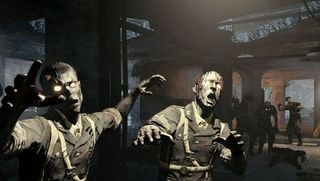
Beyond that, the zombie itself carries on the spirit of the culture that created our reality. A zombie never stops being hungry. Contrast that to what seems to be an endless desire to consume in real life, and the endless search for instant gratification. We want that new iPhone so that we can stay plugged in to our barrage of notifications and emails and Tweets. And we eat each other alive to enjoy those everyday conveniences. It’s not just people in third world countries, but our very own countrymen--who we may not always want to help because some people believe they “should” pull themselves up by their own bootstraps. Not much changes when you’re a zombie except that then, you have to consume just to stay dead. Damn.
You know that kid at parties who talks too much? Drink in hand, way too enthusiastic, ponderously well-educated in topics no one in their right mind should know about? Loud? Well, that kid’s occasionally us. GR Editorials is a semi-regular feature where we share our informed insights on the news at hand. Sharp, funny, and finger-on-the-pulse, it’s the information you need to know even when you don’t know you need it.

Patricia is the former editor-in-chief of Kotaku, where she spent a decade writing and editing. Prior to that, she served as the Culture Editor at Polygon, and as a reporter at The Verge. She specializes in offbeat internet culture stories, along with reports on unbelievable player triumphs.
